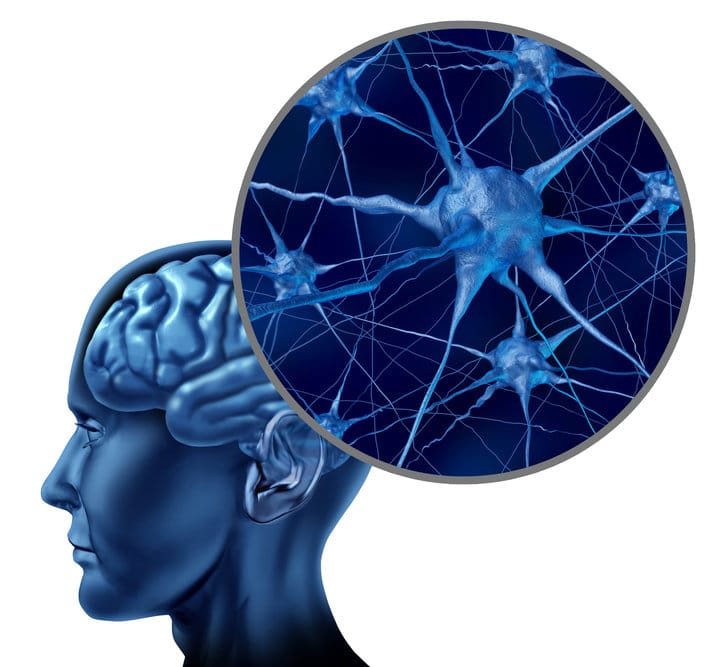By John Salak –
In case anyone is wondering, overeating is a brain cell issue and not necessarily a personal weakness.
At least that is what researchers at The Stuber Lab at the University of Washington School of Medicine believe. The findings, which were revealed in October in the journal Neuron, build on earlier work from The Stuber Lab that found that certain cells light up that prevent signals from being issued that indicate an individual is full or sated. The bottom line: the subject keeps eating.
The latest research out of Stuber went further by examining the function of the glutamatergic neurons, which are located in the hypothalamic area of the brain that regulates motivated behaviors, like eating.
The Stuber team discovered these neurons connect to two different parts of the brain; the lateral habenula that is associated with depression and the ventral tegmental, which is involved in motivation, reward and addiction.
“We found these cells are not a monolithic group, and that different flavors of these cells do different things,” the Stuber team announced, underscoring its work is a significant step toward understanding how brain circuits impact eating disorders.
Using mice in their work, researchers found that when an overweight mouse is fed, the neurons in the lateral habenula are more responsive than those in the ventral tegmental area, suggesting that these neurons may play a greater role in guiding feeding.
They also looked at what influence the hormones leptin and ghrelin have on eating. Both leptin and ghrelin are thought to regulate behavior through their influence on the mesolimbic dopamine system, a key component of the reward pathway in the brain. The investigators found that leptin blunts the activity of neurons that project to the lateral habenula (think depression) and increases the activity of neurons that project to the ventral tegmental area (reward and addiction). Ghrelin, however, does the opposite.
The findings may be difficult to consume (pun intended) for those lacking a significant background in brain cell and neuron functioning. The latest work out of Stuber indicated that some cells, nonetheless, may have a disproportionate and harmful impact on eating patterns, which contributes to the worldwide plague of obesity.
These insights can be especially critical in the face of the burgeoning overweight issue in the United States. The World Health Organization, in fact, just announced that 16 states now have obesity rates of 35 percent or higher—that’s four more states than last year.
Brain cells, of course, aren’t the reasons the individuals are gaining weight at historic proportions. However, understanding how these cells contribute to the problem will help battle obesity and all its related maladies.












